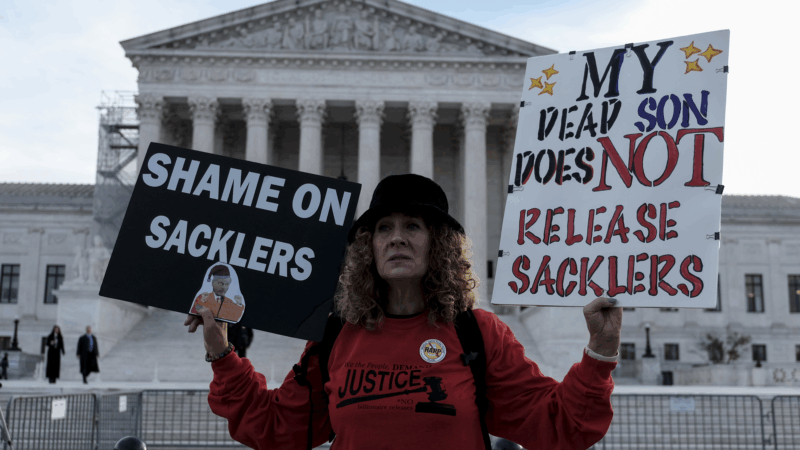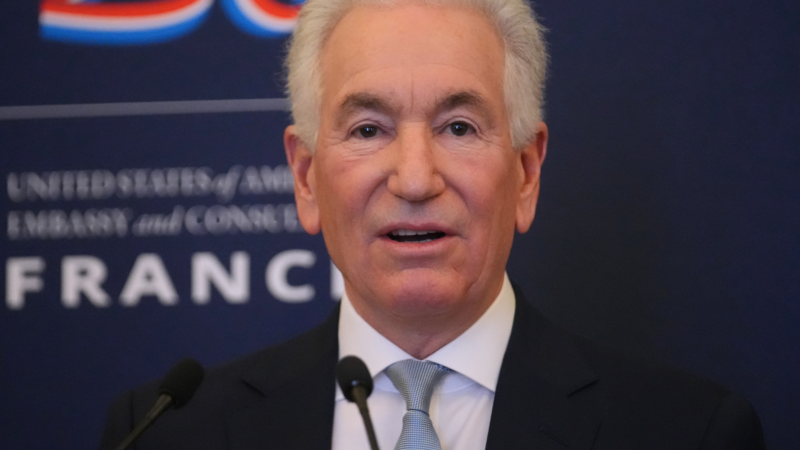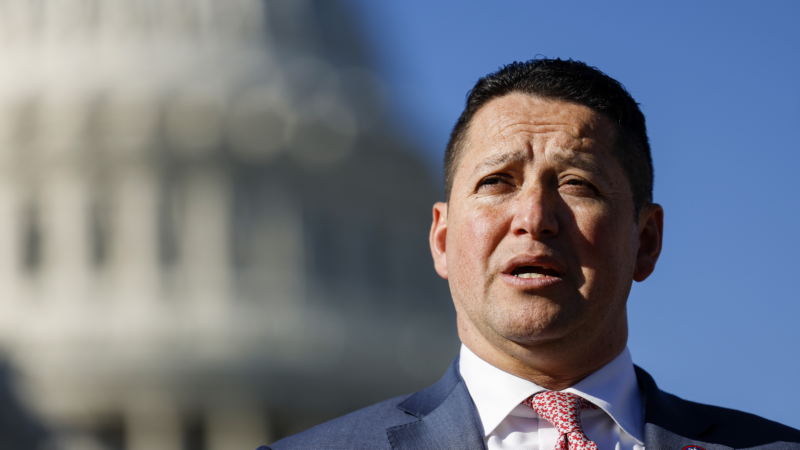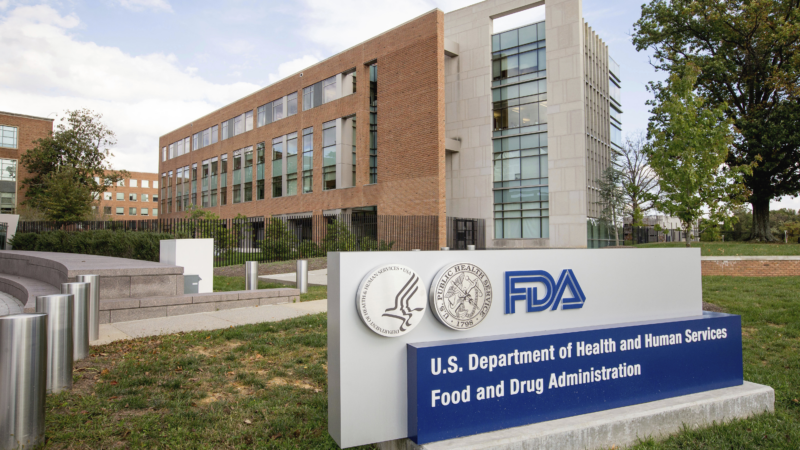Purdue Pharma, Sacklers reach new $7.4 billion opioid settlement
All 50 states as well as the District of Columbia and U.S. territories have approved a $7.4 billion settlement with Purdue Pharma, maker of Oxycontin, over the company’s improper marketing of opioids.
The deal was filed with a federal bankruptcy court by Purdue Pharma officials in March after negotiations with state attorneys general and other stakeholders. If this plan is finalized, payouts will occur over the next 15 years.
In a statement, New York’s Attorney General Letitia James said the plan will “hold the Sackler family accountable” for what she described as their “leading role in fueling the epidemic of opioid addiction and overdoses.”
Under the outlines of the deal, members of the Sackler family who currently own Purdue Pharma are expected to contribute up to $7 billion.
According to the company, a major change from past settlement deals will mean people who wish to sue the Sacklers in civil court for alleged wrong-doing will not be forced to give up those lawsuits.
“Creditors can preserve their right to take legal action against the Sacklers if they do not opt in to the Sackler releases contained in the Plan,” Purdue Pharma said in a statement.
The Sacklers have said repeatedly they did nothing wrong and committed no crimes.
NPR has reached out to members of the Sackler family for comment, but have yet to receive a response.
In a joint statement sent to NPR, attorneys suing Purdue Pharma and the Sacklers praised the deal.
“After five years of litigation and three years in bankruptcy, we are pleased that all 55 eligible states and territories have unanimously agreed to accept,” said members of the National Prescription Opiate Litigation Plaintiffs’ Executive Committee.
They said the deal would add “more than $7 billion in much-needed funds to help communities across the country” recovering from the opioid crisis.
This settlement will have to be approved by a federal bankruptcy court. Experts tell NPR, this version of the deal is likely to be accepted by the courts and by the U.S. Justice Department.
The DOJ’s bankruptcy watchdog agency challenged earlier settlement attempts, leading to the U.S. Supreme Court’s decision to overturn a previous bankruptcy deal with Purdue Pharma and Sacklers in July of 2024.
If finalized, this settlement will add to more than $50 billion in opioid pay-outs by corporations that profited from manufacture, distribution and retail of opioid painkillers at a time when overdoses and drug deaths were skyrocketing in the U.S.
FBI director invites fresh scrutiny over travels with appearance at US men’s hockey team celebration
When the American men's hockey team retreated to their locker room to celebrate their Winter Olympics gold medal win, they were joined by a special guest from the United States: FBI Director Kash Patel.
France moves to bar US Ambassador Charles Kushner from direct government access
France's top diplomat has requested that U.S. Ambassador Charles Kushner no longer be allowed direct access to members of the French government. Kushner skipped a meeting Monday to discuss comments by the Trump administration over the beating death of a far-right activist.
GOP Rep. Tony Gonzales faces pressure from party over affair allegations
The Texas Republican is facing calls from fellow House Republicans to resign, following allegations of an affair with a staffer who later died by suicide.
In pictures: Winter storm slams the east coast
Photos of cities in Connecticut, New York, New Jersey and Massachusetts as they cope with a powerful winter storm.
The FDA creates a quicker path for gene therapies
The Food and Drug Administration aims to evaluate treatments for rare diseases based on plausible evidence that they would work — without requiring a clinical trial first.
BAFTAs apologize after guest with Tourette syndrome uses racial slur during ceremony
A man with Tourette syndrome shouted a racial slur and other offensive remarks during the BAFTA awards ceremony Sunday. The BBC did not edit out his outbursts in its delayed broadcast.








